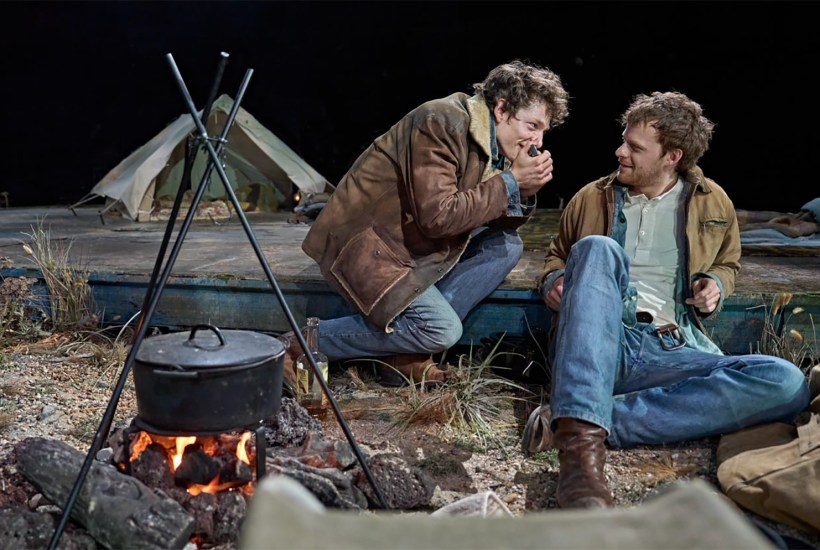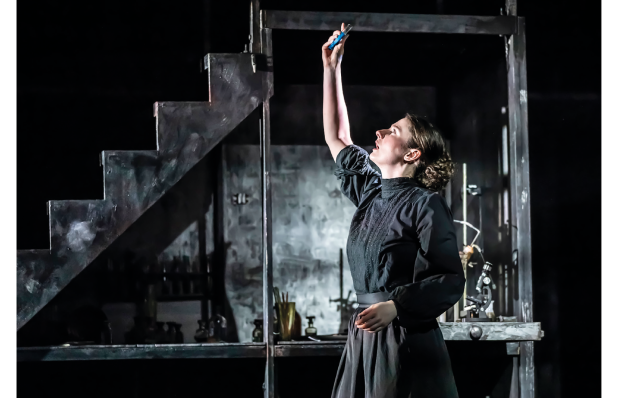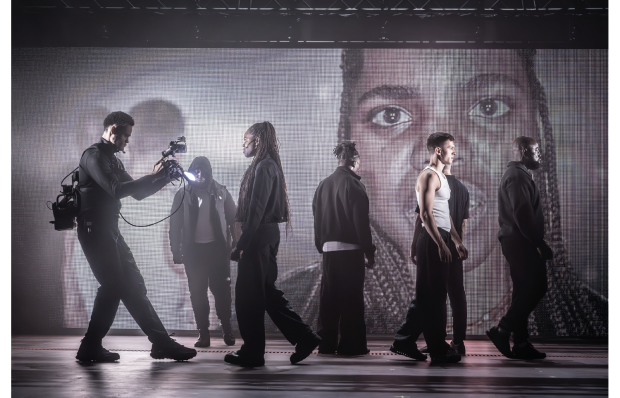Brokeback Mountain, a play with music, opens in a scruffy bedroom where a snowy-haired tramp finds a lumberjack’s shirt and places it over his nose. Then he inhales. Who is this elderly vagrant? And why is he absorbing the scent of an abandoned garment? Two hours later, at the play’s close, we finally learn that the old man, Ennis, is sniffing a shirt that once belonged to Jack Twist who became his lover while they worked as shepherds in Wyoming.
Already a subscriber? Log in
Subscribe for just $2 a week
Try a month of The Spectator Australia absolutely free and without commitment. Not only that but – if you choose to continue – you’ll pay just $2 a week for your first year.
- Unlimited access to spectator.com.au and app
- The weekly edition on the Spectator Australia app
- Spectator podcasts and newsletters
- Full access to spectator.co.uk
Or
Unlock this article
You might disagree with half of it, but you’ll enjoy reading all of it. Try your first month for free, then just $2 a week for the remainder of your first year.














Comments
Don't miss out
Join the conversation with other Spectator Australia readers. Subscribe to leave a comment.
SUBSCRIBEAlready a subscriber? Log in